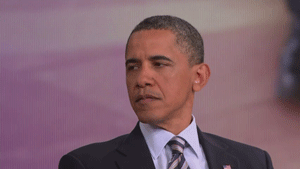EV you are again confusing the amount of physical money in an economy (printing) with government spending (budget). The two are very different tools.
I'm not sure I understand what you are saying. I mean, yes, money is not a budget. Money is a unit of accounting created by the government and spent into the private economy where it gets traded by private sector actors and taxed. A budget is just, like, a piece of paper with numbers written on it instructing the executive how many accounting units it may create and spend into the private economy in a given time period (usually a year).
He's still unable to understand what ev is saying.
ev is saying that the govt can create money whenever they want, by adding units in a spreadsheet somewhere. In fact, he's saying not just that they can do this, but they do, that this is what govt spending is.
Kevititvy is unable to separate this view from what he thinks ev is saying, which is something about physically printing money.
Yeah, I still don't know what he is getting at with his statement, but my only point is that the government is constantly creating and destroying money. When it comes to money, the government can be viewed like a black box. Let's say that there is $1000 of money (for visualization purposes, let's say it is cash--all $1 bills) outside the box in a closed world. You observe these bills streaming into the black box. You also observe $1 bills coming out of the black box on the other end. You have no idea what happens inside the black box, but you do know one important fact. The black box is the sole creator of money in this world. You also observe that the total of amount of $1 bills in the world (and outside the black box) at any given time is changing, sometimes expanding beyond $1000 and sometimes shrinking below $1000. Once you know these facts, you understand that, regardless of what is
actually happening inside the black box, you can logically conceive of what is happening as the black box destroying every $1 bill that gets put into it at the moment it enters the box and creating every $1 bill that it emits at the moment of its emission. This conception will hold even if the black box is not
in fact creating and destroying the bills, but reusing some or all of them.
This describes the monetary system we have. The government, because it is the sole creator of money in the economy, can always be conceived of as destroying every dollar it ever touches that gets sent to it externally and as creating every dollar it spends at the moment of spending. So when I say that the government always spends by creating money, I am using this analogy to the black box. It is a property of any monopoly issuer of currency.




